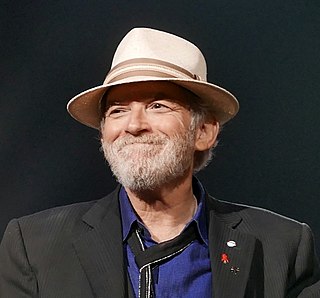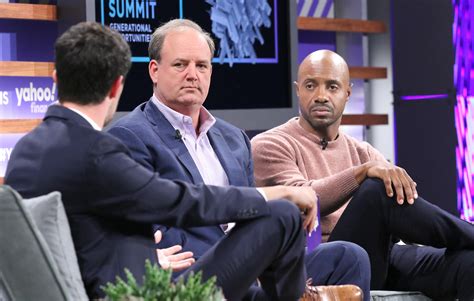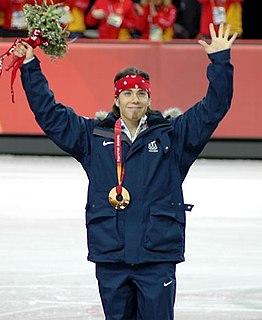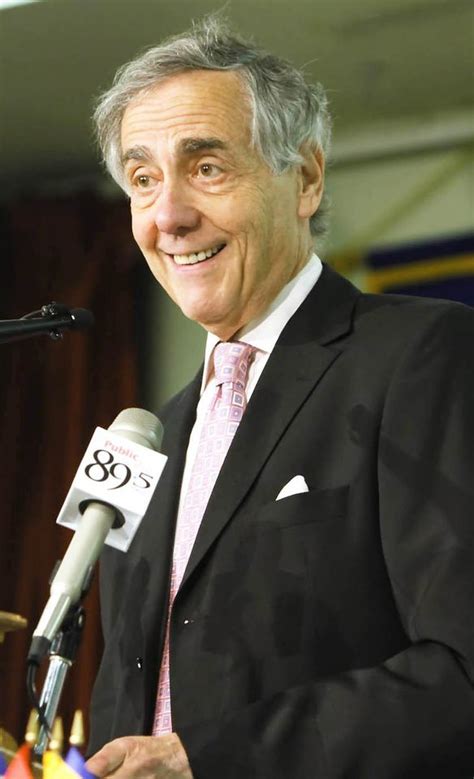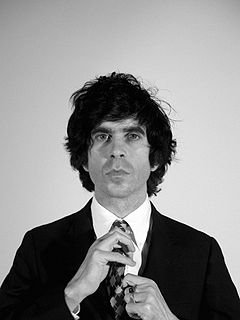A Quote by Masiela Lusha
My experiences there truly defined who I am to this day as far as my humanitarian work because I was a refugee in Albania.
Related Quotes
I truly believe that America's best days are still ahead of her. And for this, I am thankful to God. I am thankful that one day the war on terror will end, not because we have lost, but because we have won! I am thankful that one day our economy will rebound, not because of governmental micro-management, but as a result of America's entrepreneurial resolve. I am thankful that one day the born and the unborn will be equal under the eyes of the law in every state.
It is not up to me whether I win or lose. Ultimately, this might not be my day. And it is that philosophy towards sports, something that I really truly live by. I am emotional. I want to win. I am hungry. I am a competitor. I have that fire. But deep down, I truly enjoy the art of competing so much more than the result.
Truly, learning appears to be a reverse geometric progression with experiences at one hour, one day, one month or one year dramatically more influential and formative than later experiences. As has often been quoted, 85% of brain development takes place by age 3, and yet we spend only 4% of our educational dollars by that point.
The humanitarian wishes to be a prime mover in the lives of others. He cannot admit either the divine or the natural order, by which men have the power to help themselves. The humanitarian puts himself in the place of God.
But he is confronted by two awkward facts; first, that the competent do not need his assistance; and second, that the majority of people positively do not want to be "done good" by the humanitarian. Of course, what the humanitarian actually proposes is that he shall do what he thinks is good for everybody. It is at this point that the humanitarian sets up the guillotine.





